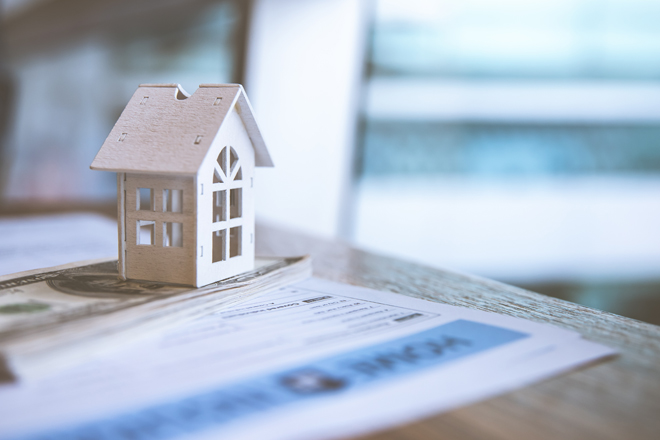How to release equity from your home
Related Topics (Sponsored Ads):
For many home owners, the equity in their home can be a sizeable amount of money. A straight-forward way to access this money is to sell your home. But what if you need this money and can’t or don’t want to sell your home? There are three main ways to tap into this equity value without having to sell your home. They involve borrowing money against this equity value.
For many home owners, the equity in their home can be a sizeable amount of money. A straight-forward way to access this money is to sell your home. But what if you need this money and can’t or don’t want to sell your home? There are three main ways to tap into this equity value without having to sell your home. They involve borrowing money against this equity value.

Special Considerations
All of the below methods involve borrowing against your home’s equity. Just like a purchase mortgage, these loans involve using your home as collateral. Therefore, you should always be very careful about such loans, because there is always a risk that you might lose your home if you can’t pay back the loan as required.
These type of loans are best when you need a larger loan amount and for modest monthly payments, as they usually offer bigger loan amounts, with lower interest rates than other loans and with longer pay back times.
Home Equity Loan - Second Mortgage
This method entails taking an additional mortgage on your home. Therefore, your original mortgage stays in place. You choose how much of your equity you want to borrow, you don’ t have to borrow the whole amount. Your payments will be spread over at least 15 years, with an interest rate a little higher than for a primary (first) mortgage. Many of these mortgages can be funded quickly and there are many lenders to choose from.
You need to keep in mind that after taking this type of loan, you will be required to make the required monthly payments on both the new mortgage and the original mortgage. Also, this new mortgage, if defaulted on, can result in foreclosure, even if you are still paying your original mortgage as called for.
HELOC - Home Equity Line Of Credit
A HELOC is like a credit card, with the credit line determined by the amount of equity in your home. Most lenders will only you give you a portion of your equity to use as a credit line, not 100%. You borrow what you need, as you need it – with some lenders even giving you a special credit card or checkbooks for this purpose. A typical arrangement is that the lender will let you use this credit line for 10 years, with a subsequent 20 years given to make repayment of what you actually borrowed.
This type of arrangement gives you the most flexibility, but it has a risk that if your home market (sales) value goes down too much, the lender may be able to demand a partial immediate lump-sum repayment of the loan. Many lenders shy away from HELOC’s unless you have a strong credit and income history.
Cash-out Refinance
Here you take on a whole brand new primary (first) mortgage. The lender will loan you a certain percentage of your home’s market value – often as high as 90% – and typically allow you at least a 20 year repayment schedule. Of course, any existing mortgage would have to be paid off first, and you would receive the difference. This type of loan is favored by lenders, because they have primary security (collateral) in your home. Favorable interest rates and other terms are usually available.
This is a good choice if you need a large sum of money and you have a high amount of equity. Also, there would be no second or additional monthly payment to make, as you would still only have one mortgage. Plus, since lenders have good security with this kind of loan, you probably won’t need the strongest credit or income history.

